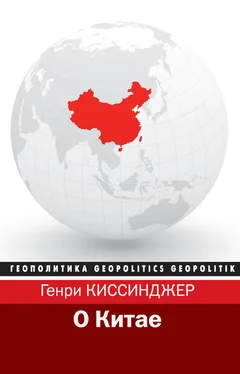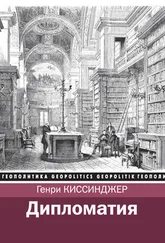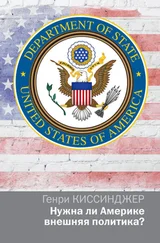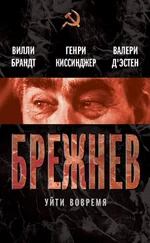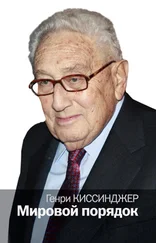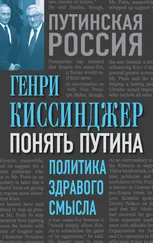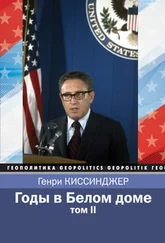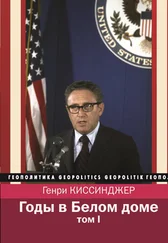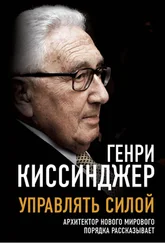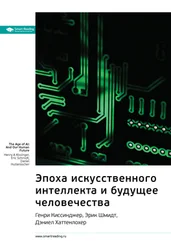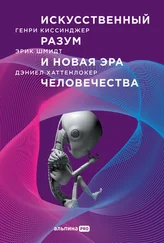Там же. С. 304.
Там же. С. 185, 305.
Richard М. Nixon, «Asia After Viet Nam», Foreign Affairs 46, no. 1 (October 1967): 121.
Там же. С 123.
EdgarSnow, «Interview with Mao», The New Republic 152, no. 9, issue 2623 (February 27, 1965): 21–22.
Размеры китайской помощи указаны в недавно открытых записях бесед между китайскими и вьетнамскими руководителями. Подборку основных бесед с редакторскими комментариями см. Odd Arne Westad, Chen Jian, Stein T nnesson, Nguyen Vu Tung, and James G. Hershberg, eds., «77 Conversations Between Chinese and Foreign Leaders on the Wars in Indochina, 1964–1977», Cold War International History Project Working Paper Series, working paper no. 22 (Washington, D. С.: Woodrow Wilson International Center for Scholars, May 1998). Для анализа вовлеченности Китайской Народной Республики в войны Ханоя с Францией и Соединенными Штатами см. Qiang Zhai, China and the Vietnam Wars, 1950–1975 (Chapel Hill: University of North Carolina Press, 2000).
Zhang Baijia, «China's Role in the Korean and Vietnam Wars», в: Michael D. Swaine and Zhang Tuosheng with Danielle FS. Cohen, eds., Managing Sino-American Crises: Case Studies and Analysis (Washington, D.C.: Carnegie Endowment for International Peace, 2006), 201.
Snow, «Interview with Mao», 22.
Там же. С. 23.
Yawei Liu, «Mao Zedong and the United States: A Story of Misperceptions», in Hongshan Li and Zhaohui Hong, eds., Image, Perception, and the Making of U.S.-China Relations (Lanham: University Press of America, 1998), 202.
Lyndon B. Johnson, «Address at Johns Hopkins University: Peace Without Conquest: April 7,1965», no. 172, Public Papers of the Presidents of the United States (Washington, D.C.: U. S. Government Printing Office, 1966), 395.
«Text of Rusk's Statement to House Panel on U. S. Policy Toward Communist China», New York Times (April 17, 1966), доступно в: ProQuest Historical Newspapers (1851–2007).
Liu, «Mao Zedong and the United States», 203.
Chen Jian and David L. Wilson, eds., «All Under the Heaven Is Great Chaos: Beijing, the Sino-Soviet Border Clashes, and the Turn Toward Sino-American Rapprochement, 1968–1969», Cold War International History Project Bulletin 11 (Washington, D.C.: Woodrow Wilson International Center for Scholars, Winter 1998), 161.
Там же. С 158.
Там же.
Как об этом писал Дональд Загориа в свой прозорливой статье, написанной в 1968 году, влиятельная группа в китайском руководстве, включавшая Дэн Сяопина и Лю Шаоци, ратовала за примирение с Москвой на определенных условиях. Загориа в своих выводах превзошел оценки многих исследователей, предположив, что стратегические потребности в конечном счете побудят Китай пойти на примирение с Соединенными Штатами. Donald S. Zagoria, «The Strategic Debate in Peking», in Tang Tsou, ed., China in Crisis, vol. 2 (Chicago: University of Chicago Press, 1968).
Chen and Wilson, eds., «All Under the Heaven Is Great Chaos», 161.
Li Zhisui, The Private Life of Chairman Mao, trans. Tai Hung-chao (New York: Random House, 1994), 514.
Richard Nixon, «Inaugural Address: January 20, 1969», no. 1, Public Papers of the Presidents of the United States (Washington, D.C.: U. S. Government Printing Office, 1971), 3.
Cm. Henry Kissinger, White House Years (Boston: Little, Brown, 1979), 168.
Chen Jian, Mao's China and the Cold War (Chapel Hill: University of North Carolina Press, 2001), 245–246.
Chen and Wilson, eds., «All Under the Heaven Is Great Chaos», 166.
Там же. С 167.
Там же. С. 170.
Там же. С. 168.
Xiong Xianghui, «The Prelude to the Opening of Sino-American Relations», Zhonggong dangshiziliao [CCP History Materials], no. 42 (June 1992), 81, цитируется no: William Burr, ed., «New Documentary Reveals Secret U. S., Chinese Diplomacy Behind Nixon's Trip», National Security Archive Electronic Briefing Book, no. 145 (December 21, 2004), http://www.gwu.edu/~nsarchiv/NSAEBB/NSAEBB145/index.htm.
Там же.
Chen and Wilson, eds., «All Under the Heaven Is Great Chaos», 170.
Там же. С 171.
Там же.
Об этом инциденте см. аналитическое исследование Michael S. Gerson, The Sino-Soviet Border Conflict: Deterrence, Escalation, and the Threat of Nuclear War in 1969 (Alexandria, Va.: Center for Naval Analyses, 2010), 23–24.
Cm. Kissinger, White House Years, 182.
См. также Gerson, The Sino-Soviet Border Conflict, 37–38.
Elliot L. Richardson, «The Foreign Policy of the Nixon Administration: Address to the American Political Science Association, September 5, 1969», Department of State Bulletin 61, no. 1567 (September 22, 1969), 260.
Gerson, The Sino-Soviet Border Conflict, 49–52.
«Jing Zhicheng, Attache, Chinese Embassy, Warsaw on: The Fashion Show in Yugoslavia», Nixon's China Game, pbs.org, September 1999, доступно на: http://www.pbs.org/wgbh/amex/china/fflmmore/reference/interview/zhichengO1.html.
Там же.
«Memorandum from Secretary of State Rogers to President Nixon, March 10, 1970», в: Steven E. Phillips, ed., Foreign Relations of the United States (FRUS), 1969–1976, vol. 17, China 1969–1972 (Washington, D.C.: U. S. Government Printing Office 2006). 188–191.
Cm. Kuisong Yang and Yafeng Xia, «Vacillating Between Revolution and Detente: Mao's Changing Psyche and Policy Toward the United States, 1969–1976», Diplomatic History 34, no. 2 (April 2010).
Edgar Snow, «A Conversation with Mao Tse-Tung», LIFE 70, no. 16 (April 30, 1971), 47.
Читать дальше
Конец ознакомительного отрывка
Купить книгу
